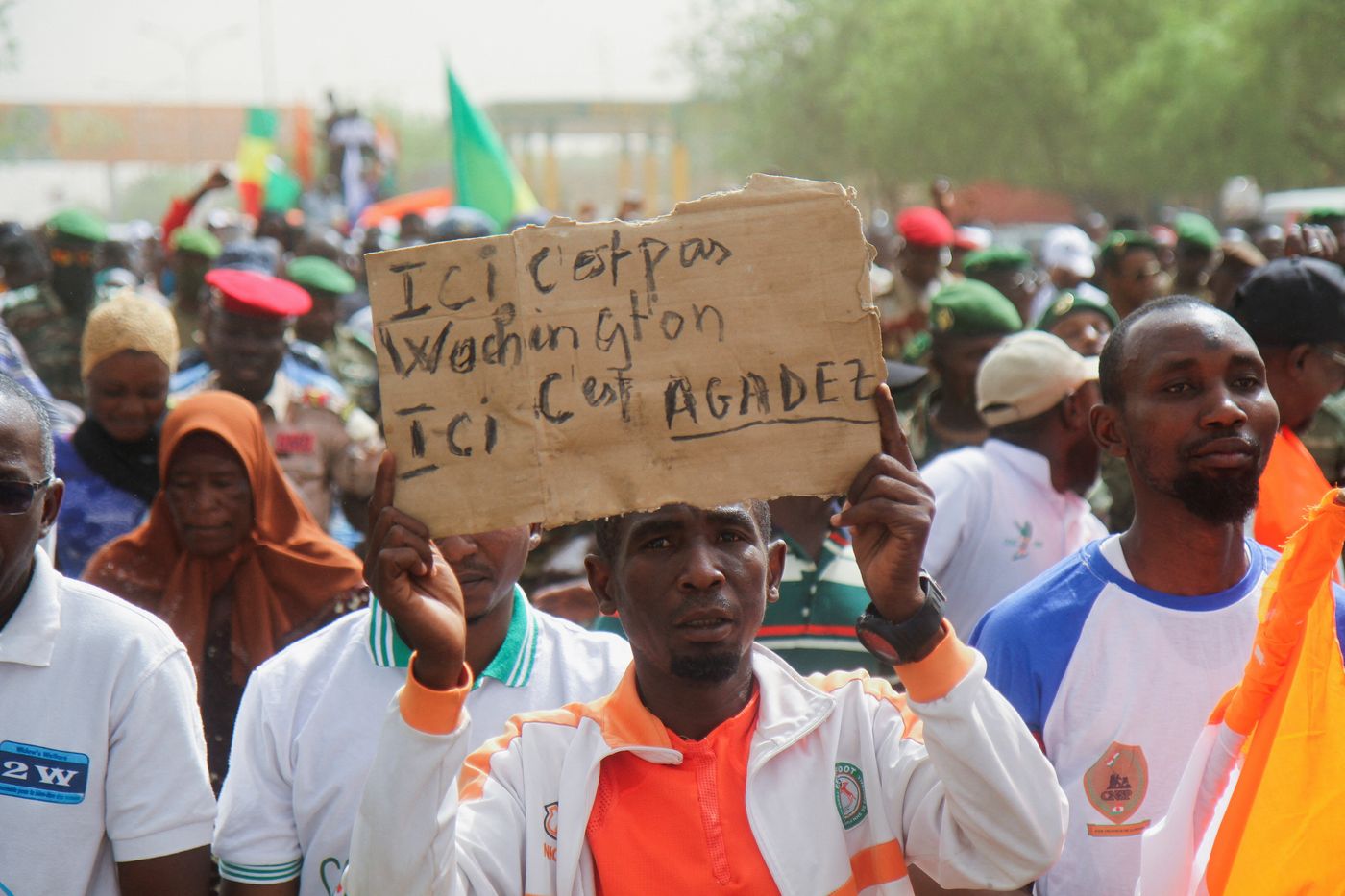Trump as “Anti-Imperialist”
First of all, many people in Mali, Burkina Faso and Niger welcome the “America First” policy of the new US administration, which they see as ideologically close to the nationalist-sovereignist agendas of their own military governments. They perceive Trump’s isolationism and the termination of international alliances as a departure from a standard Western foreign policy approach, which they condemn as interventionist and neo-colonial. Trump is seen as a partner who, contrary to his predecessor Joe Biden and many European governments, does not interfere in the internal affairs of African states – because this is precisely what both the military regimes and large sections of the populations in the Sahel accuse Western states of having done when they paused cooperation programmes in the region following the coups and tried to push for a swift return to a democratic order.
It is true that the US administration under Biden – contrary to the European Union – chose a pragmatic approach in dealing with the new rulers in the Sahel, not least to pursue its own security interests in the region. However, the relationship between the United States and the coup leaders has remained tense. In Niger, the United States – which had been operating a drone base there since 2019 – attempted to persuade the military junta to present a transition roadmap in order to resume the military partnership after its initial suspension, and to ensure that more than 1,000 US soldiers could remain in the country. But the efforts were in vain. At a meeting in Niamey in March 2024, Niger’s new rulers accused a US delegation of maintaining a condescending attitude during the negotiations and ordered the withdrawal of the US troops.
Under Trump, however, many in the Sahel now believe that a transactional partnership could be established with the United States – similar to that with Russia – which would be profitable for both sides. The hope is that this partnership will not be tied to political conditionalities which contradict the new socio-political realities in the Sahel. Despite the devastating consequences for the populations in the region, many see Trump’s radical cuts in foreign aid, which are also seen by the coup governments as an obstacle to an “endogenous” development agenda, as proof that Trump stands for a fair reorganization of relations between the West and the Global South. The argument is that foreign aid weakens state responsibility and provides a breeding ground for corruption and personal profit.
